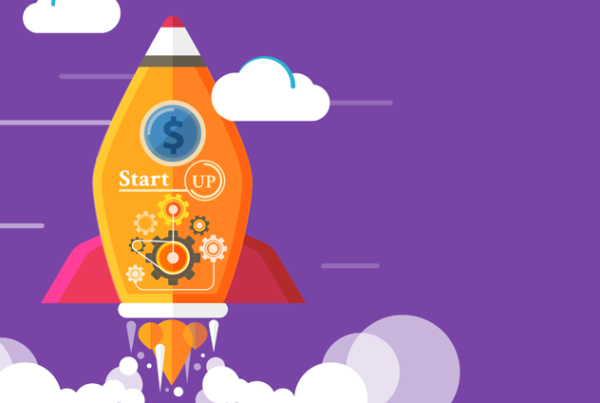Let’s assume that a startup has survived its first several years. The entrepreneur has launched a product, found a niche market, secured funding, and assembled an effective team. As the business grows, entrepreneurs feel they have a safety net even if they fail in some aspects and begin to take the business casually. The entrepreneur will no more be determined to work hard for the goals. Helping startups devote themselves to improvement at every stage has to be the goal.
Staying Hungry: Helping Startups Commit to Improvement

A startups attitudes and sense of urgency often begin to change when they begin to grow. As the company milestones become less urgent, the intensity of their attention subside and start to decline. This relaxing time is the period when competitors swoop in and start to gain market share using an improved product offering, or a better customer service, or just a better market strategy.
Some companies successfully establish themselves and dedicatedly follow their goals, only to lose focus later on. They start to get comfortable in their motives. The initial hunger diminishes, and the team gradually become less motivated to make the extra effort to take the company to the next level.
Companies can overcome this kind of stagnation by identifying what they can do better at every stage of the company’s life cycle. The main question is, How do some startups manage to avoid the pitfalls of complacency when others don’t?
Two words: Continuous improvement
Constant improvement is important at every stage of a company’s life cycle. While it is vital to set key performance indicators for your employees that will ensure the company meets or exceeds its goals, it is equally important to adjust those goals as market conditions and customer demands change.

It is also important to stay focused on the company’s best practices to provide a baseline for ongoing changes that can significantly improve growth, profit margins, and retention rates. Staying focused on improvement also helps employees stay challenged and motivated, making them active in their current roles.
Progress by the Numbers
Following a reliable way to track progress is key to continuous improvement. Each department of your company should have its own Key Performance Indicators(KPIs) to strive for, each of which should align with your company’s prime goals.

Choosing the right KPIs is critical as they not only help teams to prioritize their work but also help startups demonstrate to investors that the company is on the right track toward meeting its goals.
Customer needs and behaviors regularly change, but many companies only modify their approaches after a problem has been identified. To avoid this trap, you should constantly examine your standard processes and adjust your KPIs before the change takes place. It is always better to identify a problem beforehand than to adapt after the problem is spotted.
Keep an Eye on the Lag and Lead
By collecting standard processes thoroughly and making sure all relevant data remains at hand, management should be able to determine easily where changes need to be made. To help managers figure out what needs to change, it is useful to turn to lag measures and lead measures.
A lag measure is past data that cannot be changed, such as the previous month’s revenue. A lead measure tells you whether you are on track to hit a goal in the future. Both measures are key indicators of a company’s progress, and they can encourage procedural changes to help teams meet their goals.
When processes are regulated, a single small alteration can change the course of an entire functional area. If everyone is not following the same process, change becomes more difficult. With thorough, up-to-date documentation, everyone from a new hire to a seasoned manager has something concrete to measure themselves.
The Lifeblood of a Startup: Motivated Employees
Management needs the right data to make informed decisions, but employees are the ones who truly responsible for making improvements. The manufacturing-era “carrot and stick” method of motivating employees, in which workers are given compensation for jobs done well and penalties for under-performing, do not work today. Today’s employees need to be intrinsically motivated to help them improve.

KPI dashboards are a fantastic intrinsic motivation tool. KPIs not only allow employees to track their progress but also will enable them to identify areas in which they can improve.
Learning organizations and adaptive companies are the ones that take the time to figure out what makes them successful, to document those strategies and procedures, and to reassess them as the organization grows.
Employees are more likely to stay driven if they are continuously learning and growing along with the organization. As with any learning process, mistakes are inevitable and you can make bring this in your favor if you cease to learn from them.
Digital Presence is a renowned company that can help your startups commit to improvement by guiding you all the way. We help you identify your goals, set milestones, and achieve them with effective procedures. To find more information visit, www.digitalpresence.today









